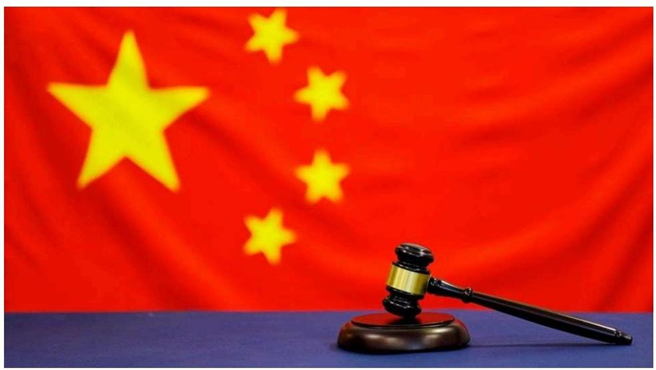
In June 2024, the Beijing IP Court ruled on a trademark infringement case between Jiangsu Sanfo Outdoor Products Co. Ltd and an individual by the name of Liu. The core issue was whether Liu's import and sale of X-BIONIC products from abroad were free fromTrademark infringement liability. This case is unique because the trademark owners of X-BIONIC were different in China and abroad raising the question of whether the parallel import defence was available.
Background
Liu sold X-BIONIC products, which were manufactured by Swiss company X-Bionic AG and imported into China, on Taobao.
Bejing Sanfo Outdoor Products Co Ltd is the current owner of X-BIONIC trademarks in China. It used to be an agent of X-Bionic AG but later acquired all trademark rights in China from X-Bionic AG. Jiangsu Sanfo is licensed to use and enforce these acquired
trademark rights. It sued Liu for selling the imported products, claiming trademark infringement.
The district court ruled against Jiangsu Sanfo, finding that the parallel import defence applied. However, the Bejing IP Court overturned the first-instance judgment.
Decision
The Beijing IP Court reasoned that the key aspect of parallel imports lies in the fact that the domestic trademark owner and the producer of the goods outside the country are:
The same entity; or
Have a relationship.
This means that importing goods produced by a company unrelated to the domestic trademark owner constitutes trademark infringement.
Specifically, the Bejing IP Court found that, even if the products sold by Liu were legally imported and had the same origin as the products sold by Jiangsu Sanfo in the domestic market with Chinese labels, the producer of the imported goods and the domestic trademark owner were not the same entity. There was no evidence to prove any relationship between the two entities. Even if the first-instance judgment recognised that Beiing Sanfo was once an agent of X-Bionic AG, this did not establish the relationship
necessary to constitute a parallel import defence. Therefore, the alleged infringing goods could not be considered parallel imports in the general sense. The respondent's act of selling the alleged infringing goods in China without the permission of the trademark owner constituted an infringement of the exclusive rights to the trademark in question.
Comment
Regulating parallel imports has always been challenging for brand owners. From a legal perspective, parallel imports are not illegal given the principle of exhaustion of rights, which is designed to promote free trade
Although this case deals with a special circumstance, it reflects to some extent the Beijing IP Court's tendency to reinforce the
principle of territorial protection of trademark rights and protection of the domestic trademark owner. It also provides an option for domestic trademark owners to control the sale of imported goods in similar situations.
That said, this is one of few cases finding trademark infringement and, unfortunately, the Beijing IP Court did not go into detail to explain the kind of relationship it would believe sufficient to enable a parallel import defence. After all, there was a close
relationship between the overseas producer (X-Bionic AG)and the current domestic trademark owner. One may question whether other courts would think such a relationship is strong enough and come to a different ruling.










